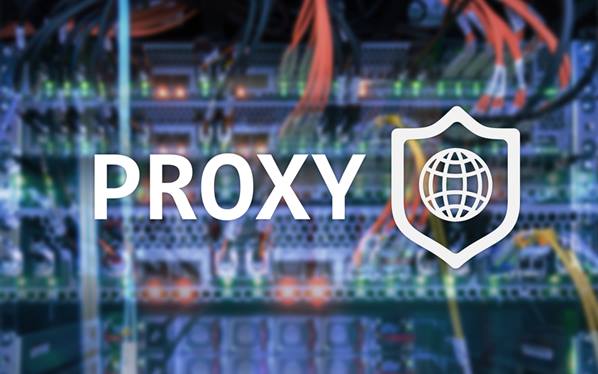
Collecting large amounts of data online is only possible with scraper bots that can do it automatically in a few minutes. However, the short time you scrape can take a lot of preparation, and choosing the right proxy server might be the most important thing.
A bad choice of proxies can hinder even the simplest web scraping project. IP bans, CAPTCHAs, location restrictions, slow speeds, and many other problems can be avoided with the right proxy type. The exact choice depends on your project, but we can generalize on five things you should know.
What are private proxies?
A private proxy server is a device that sends network requests to the web on your behalf. Consider it analogous to an errand boy. You give him a shopping list, and he makes purchases for you. You don’t have to go to the store yourself, and the store owner doesn’t know that it’s your purchases.
The ‘private’ part of the proxy server is especially important here. Some mistake it for anonymity. However, most proxies these days are anonymous in that the proxy device does not tell web servers that it is a proxy and on whose behalf they are sending requests.
In this case, the privacy of a proxy server is defined in terms of access. These proxies are exclusively used by one customer. That’s why they are also called dedicated, as this one user usually dedicates it to one use case.
Some web scraping tasks can be done with proxies shared between multiple users, especially when they are rotated. But in most serious cases, you want to have access for yourself. There are three reasons for this.
- Private proxies are faster because you don’t share bandwidth with anyone
- Private proxies experience fewer IP bans or other restrictions because no one else uses them improperly
- Private proxies are more reliable as the setup and subsequent functioning of the proxy server is in your hands.
It might sound counterintuitive, but private proxies are also cheaper for most serious web scraping projects. On paper, the price per IP or bandwidth is higher as there are more costs for the provider to run a proxy server individually for you.
However, IP bans and lack of speed might make data collection difficult, which might require you to buy additional proxies or deny you access to data when you need it. Such proxy faults cost money in the long run.
IP address origin
What device is used to run a proxy server and how it connects to the internet is one of the defining features of web scraping success. It’s commonly recommended to use datacenter proxies as they are run on powerful servers and use commercial internet to transfer large amounts of data. But there are a few caveats.
Datacenter proxies are created virtually in bulk, meaning the character strings used in their IP addresses can differ only in a few last digits at the end. Due to this fact and the commercial internet used by datacenters, websites can rather easily detect such IPs and impose restrictions.
An alternative is to use residential proxies, which are hosted on physical household devices and create IP addresses verified by Internet Service Providers (ISPs). Every website your scraper connects with such a proxy will see you as another visitor from a residential area. There’s hardly a better disguise available.
A drawback of residential proxies is that they are slower and more expensive than datacenter proxies. The best course of action is to test scraping your target website with datacenter proxies first. If they block these proxies, then go with residential ones.
Location availability
Another important factor to choose when settling for a private proxy is its location. Once you purchase a proxy server, you won’t be able to change its location without purchasing another one. This might become problematic if your target website uses geo-restrictions.
These are website data variations that depend on the user’s IP address location. If you visit a US-based website from France, you might get French language and other details changed accordingly. However, if you want to collect data that the US audiences see, you’ll need a proxy form there.
It’s an important consideration when buying a private proxy server because if your project requires many locations, you’ll need proxy servers to match them. It can increase the costs of your web scraping endeavors quite significantly. For this reason, some prefer to start with shared proxies before investing more in private ones.
Provider guarantees
The ability to target your needed locations accurately is just one of the few guarantees that you must check before choosing a provider. Some of them have a bad track record of constant downtimes, slow speeds, bad customer support, or, worst of all, selling proxies of different types than advertised,
The best option to fight this is to read reviews on platforms like TrustPilot and test the proxy provider with a free trial. If the provider is not on any major review platform and doesn’t provide a free trial, it’s generally a red flag.
Ethical and legal concerns
Lastly, you should do a quick research on whether using proxies is legal in your country. Some authoritarian regimes can even give you jail time for using them. Proxies will work in such countries, but you’ll have to take the risk for it yourself.
Non-ethically sourced proxies are also restricted in most Western countries. Be sure to use a legitimate provider that doesn’t use botnets or trick people into giving away their IPs. Such practices aren’t wildly regulated, but it’s only a matter of time.
Conclusion
To recap, ensure you understand why you need proxies in the first place and determine the type and locations that are suitable. Lastly, find a trusted provider while avoiding those who might get you into legal or ethical problems. If you research these five things, your web scraping project will not fail because of proxies.




